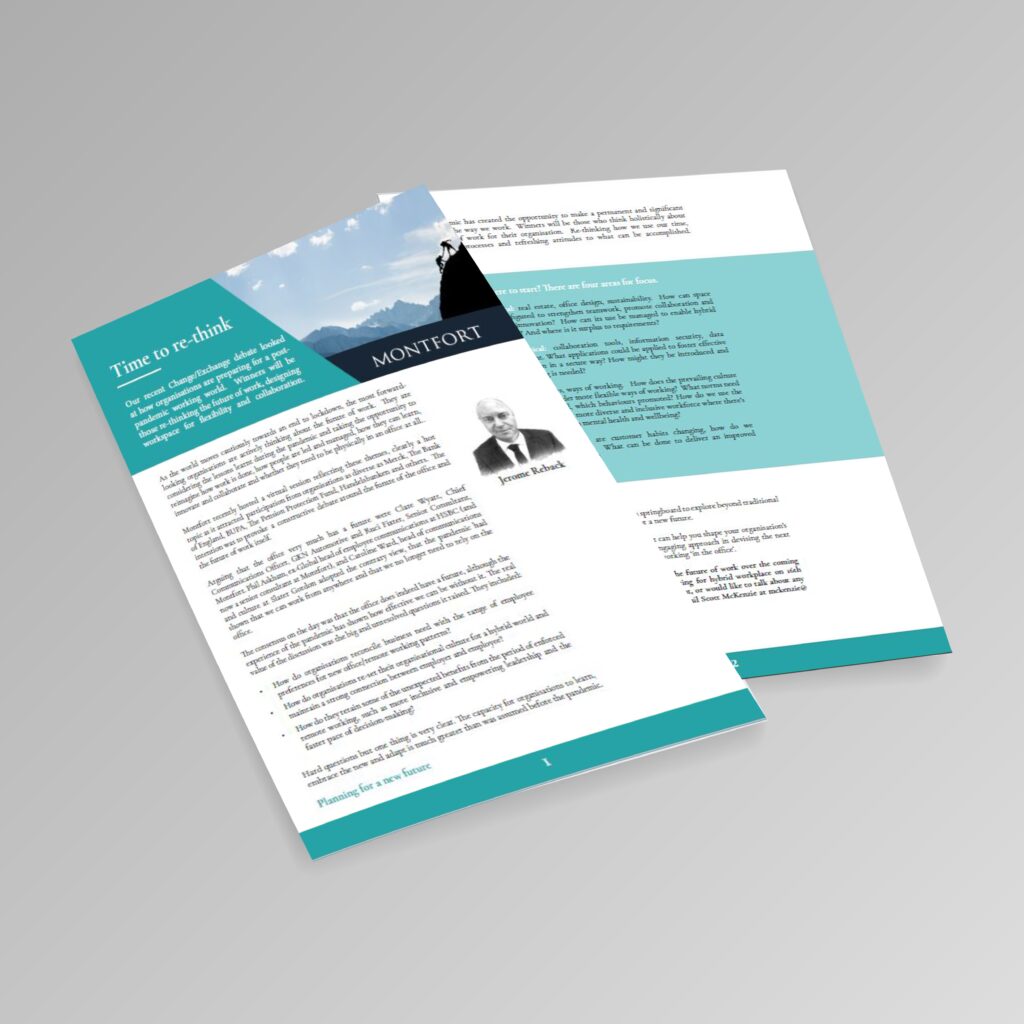The COVID-19 pandemic has resulted in many companies implementing remote work policies, revealing unexpected benefits for both employers and employees. These benefits include improved work-life balance by eliminating commuting time, increased productivity due to fewer distractions, access to a broader talent pool, cost savings for both companies and employees, and enhanced employee well-being with increased flexibility. As the world emerges from the pandemic, it is important for companies to reflect on these lessons learned and consider incorporating remote work options into their long-term strategies to create a more resilient and flexible workforce.
The Unexpected Benefits of Remote Work: Lessons Learned in a Post-Pandemic World
Introduction
The COVID-19 pandemic has forced an unprecedented number of companies to implement remote work policies. While this transition initially felt like a temporary solution, it has revealed numerous unexpected benefits for both employers and employees. As the world gradually emerges from the pandemic, it is essential to reflect on the lessons learned and consider the long-term advantages of remote work.
Improved Work-Life Balance
One of the most remarkable benefits of remote work is the improved work-life balance it offers. By eliminating the need for commuting, employees can save hours that were previously spent on traveling. This additional time can be utilized for personal activities, such as exercising, spending time with family, pursuing hobbies, or simply enjoying some much-needed relaxation. The flexibility of remote work allows individuals to better integrate their personal and professional lives.
Increased Productivity
Contrary to initial concerns, remote work has proven to enhance productivity for many employees. Without the distractions of office chatter, impromptu meetings, and lengthy commutes, individuals can focus better on their tasks. Additionally, working from the comfort of their own homes can help employees create a personalized environment that promotes efficiency and minimizes interruptions. This increased productivity benefits both the workforce and employers by driving greater output and enabling more time for innovation.
Expanded Talent Pool
Remote work has shattered geographical barriers, allowing companies to access a much larger talent pool. Previously, businesses were limited to hiring within a specific commuting distance, potentially missing out on skilled individuals from different locations. Remote work has presented an opportunity to recruit top talent from anywhere in the world. Companies now have the freedom to attract the best candidates without geographical limitations, fostering diversity and enriching the workforce with fresh perspectives and ideas.
Cost Savings
For both companies and employees, remote work can bring significant cost savings. Companies can reduce expenses related to office space, utilities, and other overheads. Moreover, employees can save money on transportation, parking fees, work attire, and dining out. This financial relief can lead to increased job satisfaction and motivation among employees. Furthermore, remote work can help decrease the environmental impact by reducing carbon emissions associated with commuting.
Enhanced Employee Well-being
Remote work has a positive impact on employee well-being. The increased flexibility allows individuals to manage their schedules and take breaks as needed, reducing stress and burnout. Additionally, employees have the freedom to set up their workspaces to maximize comfort and minimize health risks, such as ergonomic seating or standing desks. This focus on well-being promotes a healthier work-life balance and contributes to overall job satisfaction.
Conclusion
In a post-pandemic world, the unexpected benefits of remote work have become apparent. Improved work-life balance, increased productivity, access to a broader talent pool, cost savings, and enhanced employee well-being are just a few of the advantages remote work brings. Companies should embrace these lessons learned and consider incorporating remote work options into their long-term strategies. By leveraging the positive aspects of remote work, organizations can create a more resilient and flexible workforce that thrives in the face of future challenges.
